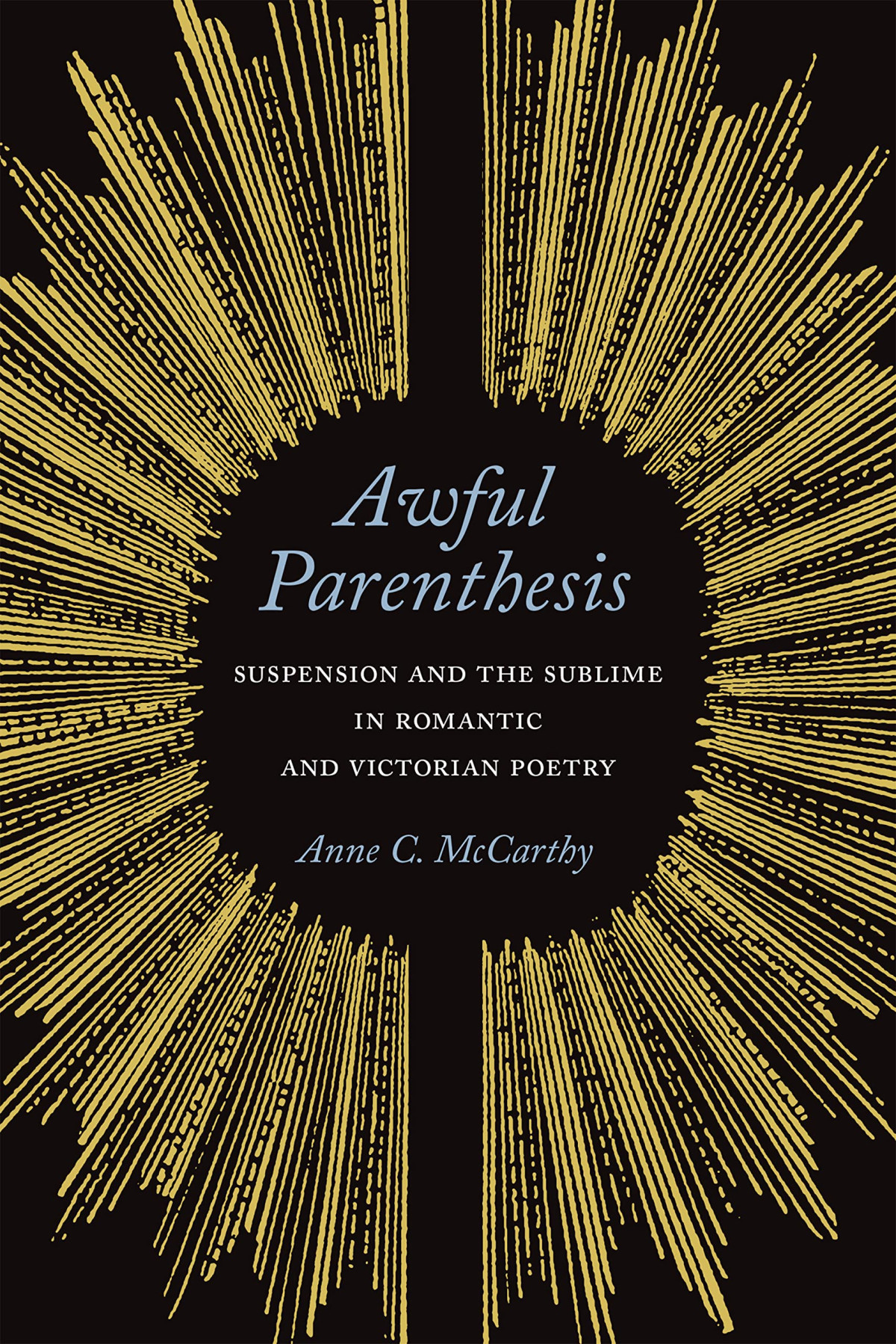

Most ebook files are in PDF format, so you can easily read them using various software such as Foxit Reader or directly on the Google Chrome browser.
Some ebook files are released by publishers in other formats such as .awz, .mobi, .epub, .fb2, etc. You may need to install specific software to read these formats on mobile/PC, such as Calibre.
Please read the tutorial at this link: https://ebookbell.com/faq
We offer FREE conversion to the popular formats you request; however, this may take some time. Therefore, right after payment, please email us, and we will try to provide the service as quickly as possible.
For some exceptional file formats or broken links (if any), please refrain from opening any disputes. Instead, email us first, and we will try to assist within a maximum of 6 hours.
EbookBell Team

0.0
0 reviewsWhether the rapt trances of Romanticism or the corpse-like figures that confounded Victorian science and religion, nineteenth-century depictions of bodies in suspended animation are read as manifestations of broader concerns about the unknowable in Anne C. McCarthy’sAwful Parenthesis. Examining various aesthetics of suspension in the works of poets such as Coleridge, Shelley, Tennyson, and Christina Rossetti, McCarthy shares important insights into the nineteenth-century fascination with the sublime. Attentive to differences between "Romantic" and "Victorian" articulations of suspension,Awful Parenthesisoffers a critical alternative to assumptions about periodization. While investigating various conceptualizations of suspension, including the suspension of disbelief, suspended animation, trance, paralysis, pause, and dilatation, McCarthy provides historically-aware close readings of nineteenth-century poems in conversation with prose genres that include devotional works, philosophy, travel writing, and periodical fiction.Awful Parenthesisreveals the cultural obsession with the aesthetics of suspension as a response to an expanding, incoherent world in crisis, one where the audience is both active participant and passive onlooker.